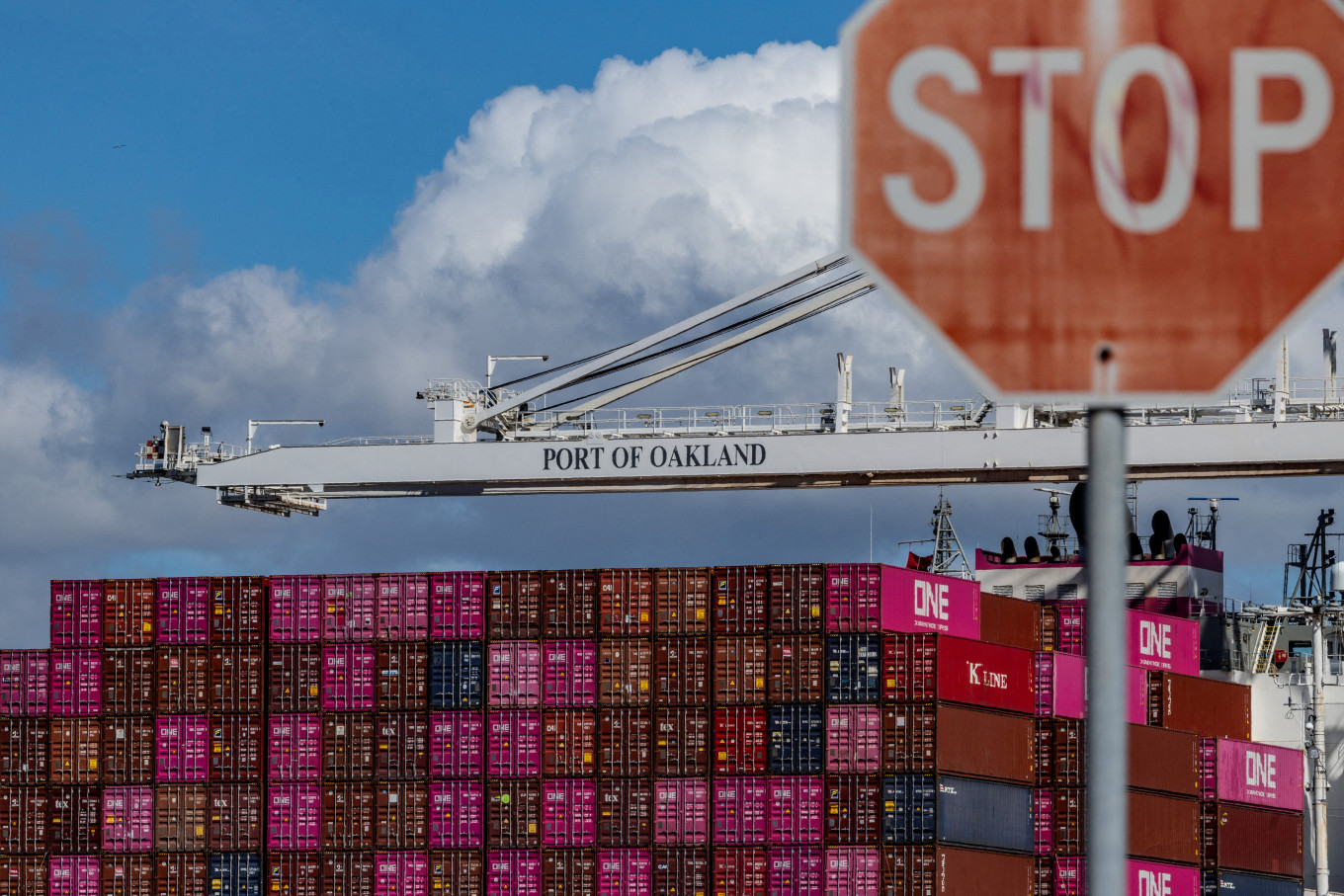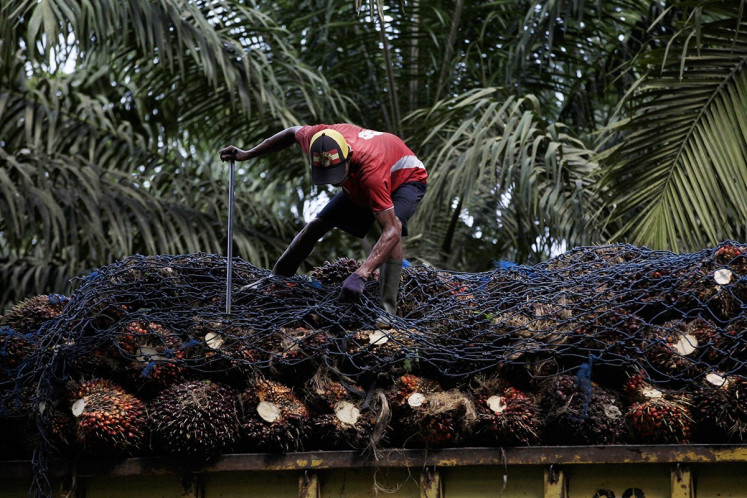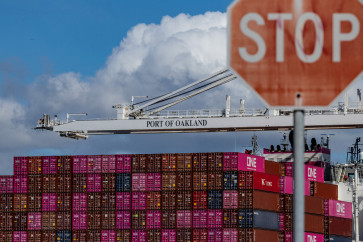Popular Reads
Top Results
Can't find what you're looking for?
View all search resultsPopular Reads
Top Results
Can't find what you're looking for?
View all search resultsThe impact of Trump’s tariffs and the resilience of Indonesia’s financial system
The impact of US tariffs on countries around the world cannot be ignored in the broader context of global protectionism, and Indonesia's solution to pursue dialogue is part of a multilayered, rational strategy that considers the long term in the nation's interest.
Change text size
Gift Premium Articles
to Anyone
T
he world is once again facing a sharp shift in the trade landscape. The return of Donald Trump to power, accompanied by aggressive tariff policies, marks a new chapter in the ongoing rise of protectionism. While globalization and economic openness were once dominant norms, the current direction is the reverse, with major countries strengthening their economic defenses and treating trade as an instrument of power.
The first wave of Trump’s tariffs targeted a range of strategic products, from steel and aluminum to semiconductors. Several countries were affected, including China, the United States’ primary target, which responded by raising its own tariffs against American goods and fueling speculation over potential devaluation of the yuan against the US dollar.
However, not all countries have responded to US tariffs in the same way. Beyond the major economies capable of mounting resistance, many developing nations have taken a more flexible approach.
Vietnam, for example, surprised the global community by eliminating all tariffs on US-origin goods. This was not a sign of capitulation but a strategic move to preserve trade relations, attract investment and position itself as a strategic partner to the United States.
Indonesia may pursue a similar path: The government has reiterated its commitment to building a fair and balanced trade relationship with the US. As a positive signal, Indonesia has opened import channels for several strategic commodities from the US, such as cotton, wheat and liquefied natural gas (LNG).
This approach reflects Indonesia’s view of trade not as a battleground, but as a negotiation space that requires calm calculation and diplomacy.
One systemic consequence of Trump’s tariff policies is the resurgence of “reshoring”, where multinational companies relocate production facilities back to their home countries or to partner nations that are safe, politically and tariff-wise. Several US companies in the semiconductor and pharmaceutical sectors have begun building domestic production capacity to reduce dependence on China.


















